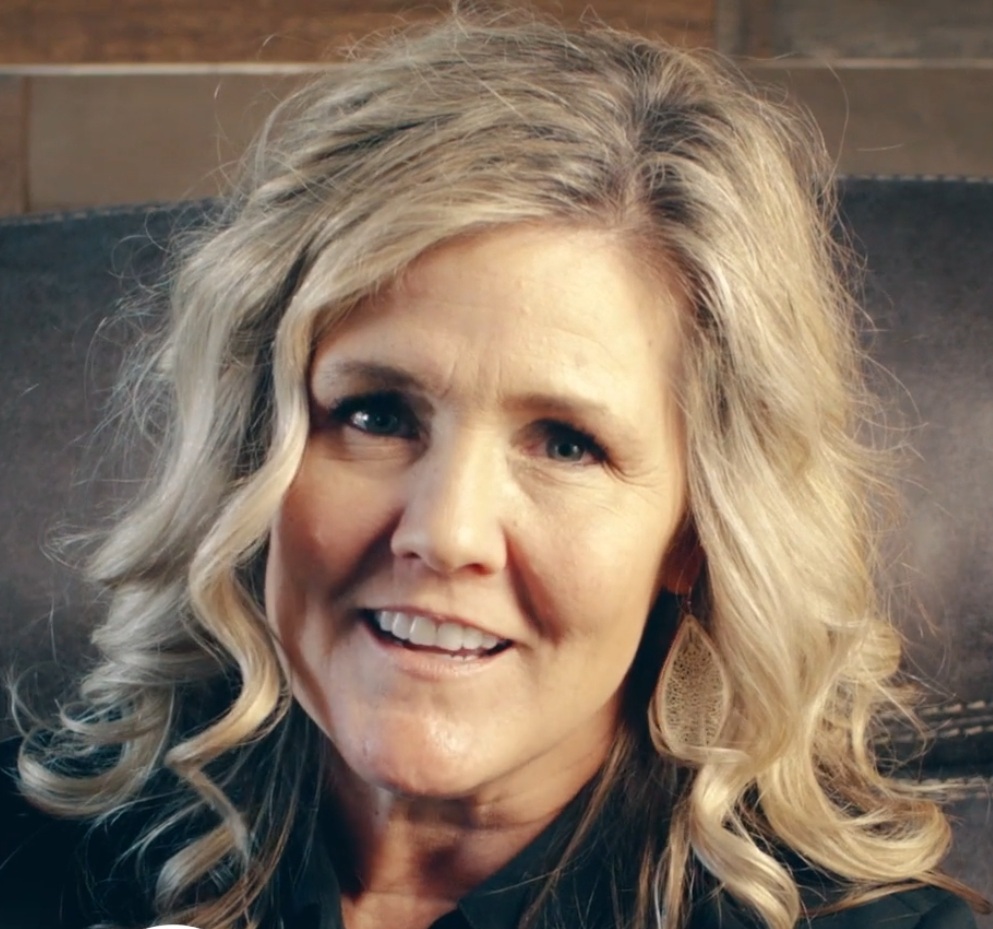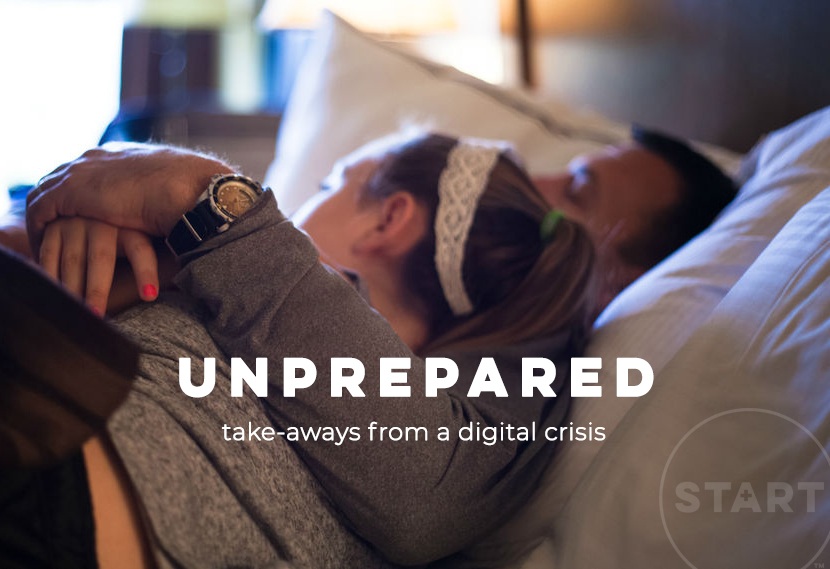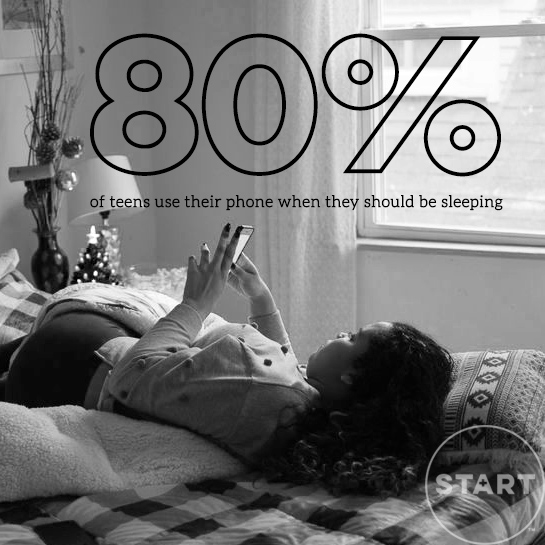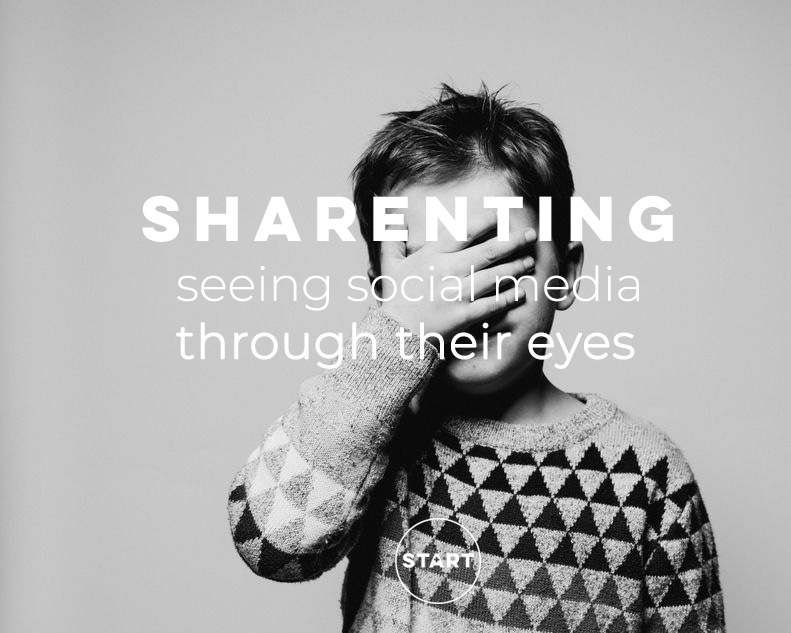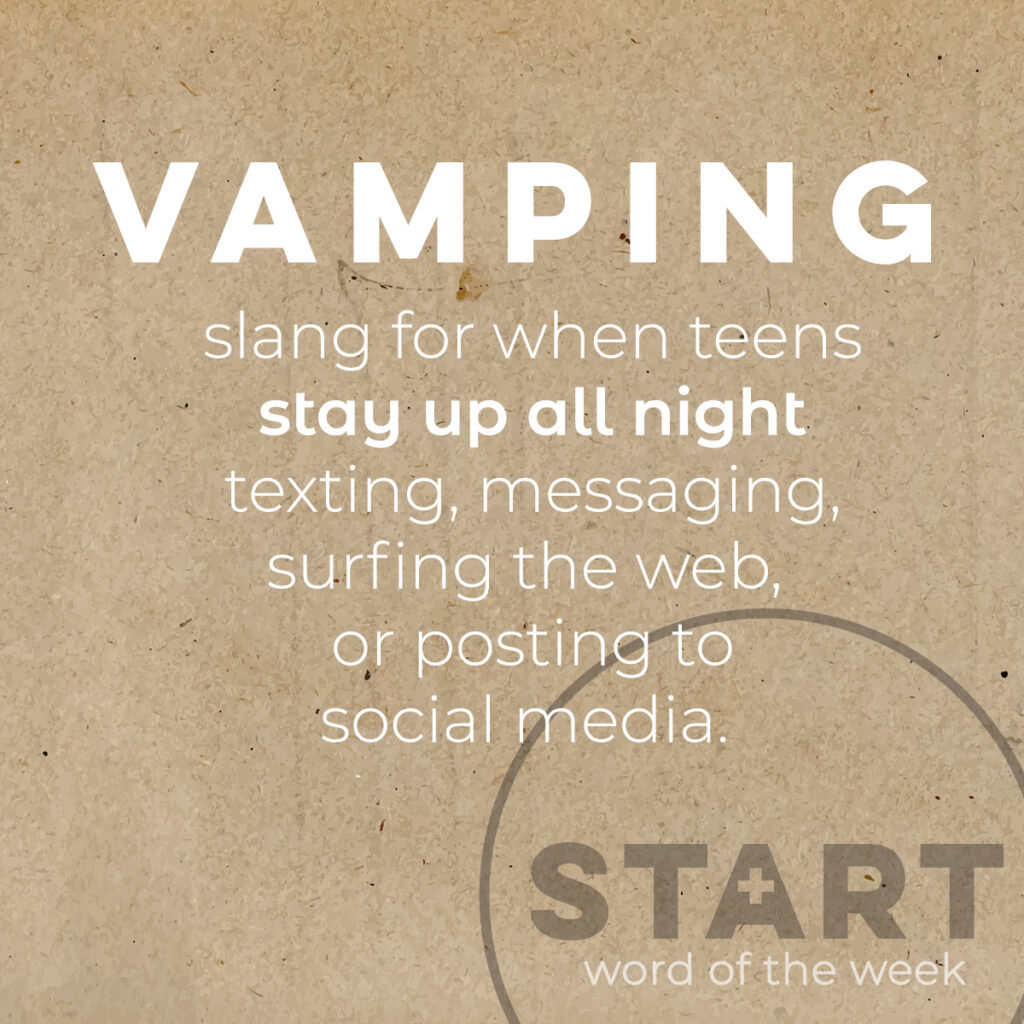We loved this article from the New York Times about a fun new word you can try out with your kids: JOMO. Share with them that it isn’t always easy to step away from your screen, but it’s part of being digitally healthy…and the rewards of being present with loved ones usually outweigh the quick fix we find scrolling other people’s social media feeds…
A recent study of romantic relationships among college students found that “smartphone dependency is significantly linked to relationship uncertainty.” This Valentine’s week, join Brenda Walden, Marriage + Family Therapist, to learn more about “phubbing”…and ways it might be impacting your romantic relationship.
It’s the story of a young dad chasing big dreams who gets…wait for it…distracted…by a glittery, sparkly, unattainable opera singer named Jenny Lind. He gives his full attention to a person he has barely even met, ignoring the people who love him deeply. And yet, at the end of the day, he realizes that this was not time well spent…and returns home to rediscover the greatest show: being present with his family and friends.
It was devastating… But in the aftermath, my wife and I began to look at our kids’ digital lives in the face, and come to grips with a truth: We will never be experts in this part of parenting. We will never be one step ahead of this game. But admitting so to our kids has actually built a bridge we are hoping will last…
Not sure whether or not your kid is online at night? In this study, an astonishing 80% of both boys and girls admitted to being frequent vampers at least sometime during high school. They spent an average of 1-2 hours per night awake while their parents thought they were asleep.
So often when we talk about social media, mental health, and kids, we tend to think the only thing affecting today’s teens is how they interact with other teens. But Lauri, a START parent, recently shared with her community, “I’m learning from my little guys that the pressures don’t only come from their friends; it can also come from me as a parent. And it starts way earlier than I was hoping.” To learn more about the trend of sharenting, check out this this article
As a School Resource Officer, Dan Reedy has a vested interested in the impact of screens on our youth— not only for their physical safety, but also their mental and emotional well-being.
Two weeks ago, we shared the story of a family who put their daughter’s phone to bed, and it lifted a huge weight off of her shoulders. It turns out, her story resonated with hearts around the globe. In two weeks, nearly two million people have read it, in more than 160 countries. Parents around the world are struggling, wanting to give their kids healthier, happier lives.
At START, we are passionate about equipping parents with the language they need to engage with their kids’ tech lives. Read more about our word of the week, vamping, in this New York Times article…and then try using it with your kids!
Tim DeWeese, Mental Health Director for Johnson County, weighs in about the importance of developing a healhty tech-life balance for ourselves, and then modeling those healthy tech habits for young people.

